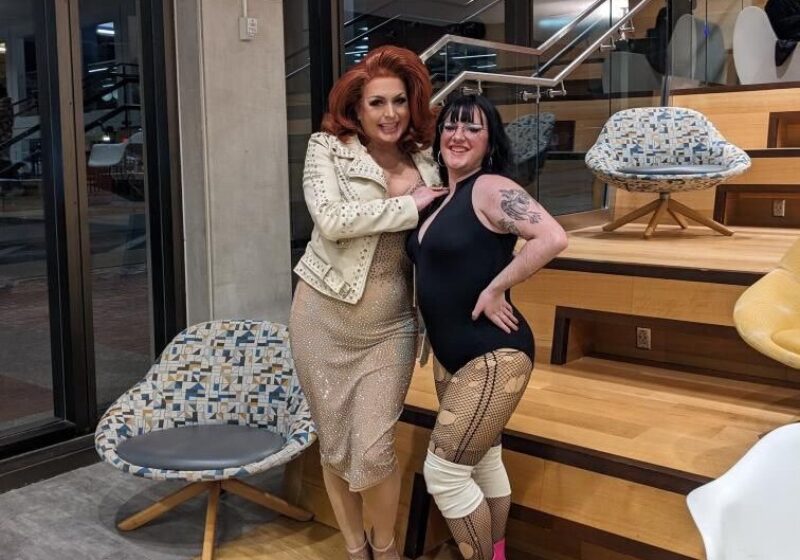Interested in seeing how Congress works firsthand? The Semester in Washington program offers juniors majoring in political science the opportunity to intern for a representative full time.
Interns have the opportunity to participate in a wide variety of Washington politics. Their work often involves answering constituent mail, researching bills, writing memos, answering phones and attending committee hearings and speakers. Former interns have had the opportunity to hear speakers such as Colin Powell and witness history such as the Enron hearings and the security scandals.
“In my purely objective opinion, it is simply the best internship program for undergraduates who want to work in Congress,” program director Professr Richard Fenno said sarcastically.
One of the best perks of the job was the internship badge, according to Jimmy Paulino and Erica Orange, both former interns and seniors. “The badge is your pass into Capitol Hill,” Orange said. “We got free lunches and dinners? I seriously went a week without paying for food.”
Interns typically work 40-50 hours, 5 days a week, without an obligation to take any other classes. They earn 16 credits and a 4.0 with 8 of those credits toward their major, according to Paulino, former intern to Rep. Mark Foley of Florida.
The program was founded in 1968 by a student, Robert Sacks, who was interested in working for Representative Robert Goodall. He contacted Fenno, and the Semester in Washington program was born.
This year marks the last year that Fenno anchors the program, and next year Professor Valeria Sinclair-Chapman will be taking over.
“I don’t anticipate many differences,” Sinclair-Chapman said. “Certainly, taking over the reins from an esteemed congressional scholar like Professor Fenno is a big task.”
The requirements for entering the program are that one must be a junior majoring in political science, with a 3.4 cumulative GPA or at least a 3.4 GPA in political science courses. Interested juniors then sign up for an interview with Professor Fenno, and he and Professor Sinclair-Chapman try to make certain that the applicant has a true interest in Congressional politics. Accepted students then write to members of the House of Representatives and ask if they need interns.
Students go to Washington, interview with representatives and once they arrive there are on their own. They must find their own housing, and only see Professor Fenno once when he flies down to see how their internships are progressing. “A lot of the experience is growing up,” Fenno said.
Interns also have the opportunity to network with many influential people. For example, as a result of her contacts, Orange has interned for Senator Chuck Schumer and Senator Hillary Clinton. Paulino was offered a job in Rep. Foley’s office after his internship was over. “There are incredible networking and contacts you can make,” Orange said.
Reactions from the 20 students who gathered at the information meeting were positive. “I’ve been interested in the Washington Program since my freshman year, and it’s a great opportunity to see how what I’ve learned in political science classes applies,” sophomore Roma Desai said.
“It seems like a one-of-a-kind experience,” freshman Adam Rosenberg said.
Fales can be reached at sfales@campustimes.org.





